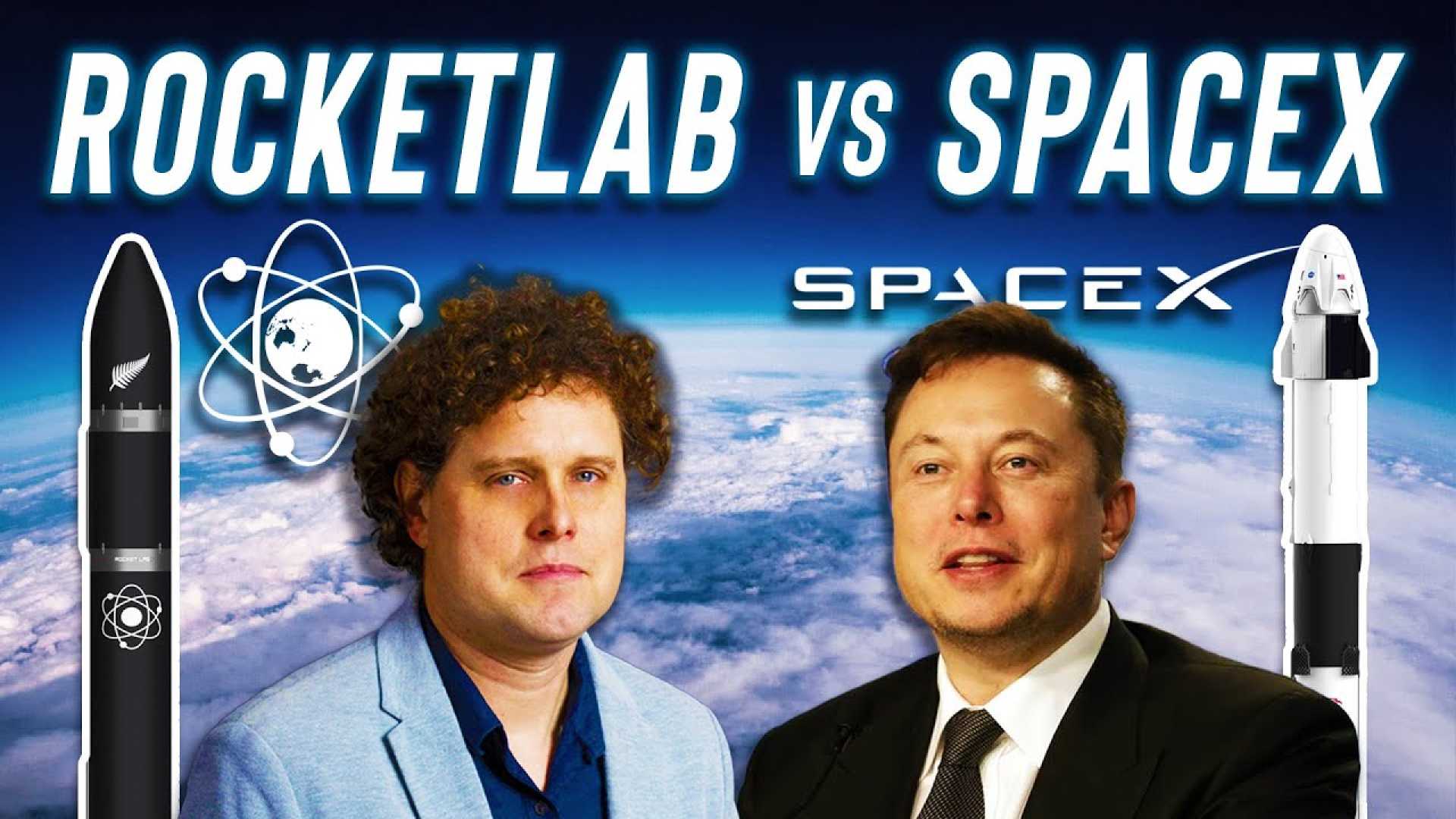Business
Rocket Lab Emerges as SpaceX Alternative Amid Market Challenges

LOS ANGELES, CA — Rocket Lab is positioning itself as a competitor to SpaceX, a company valued at an estimated $350 billion but currently not available for public investment. Rocket Lab aims to offer a viable alternative for investors seeking exposure to the burgeoning space industry.
As the only other company capable of regularly launching rockets at scale, Rocket Lab’s Electron program successfully conducts launches every quarter. Its small and nimble design differentiates it from SpaceX’s larger systems, allowing it to carve a niche in a market previously dominated by SpaceX.
Rocket Lab has secured contracts from both commercial and government clients, including national defense contracts like the HASTE program, which focuses on testing hypersonic defense capabilities. With growing government interest in space defense, Rocket Lab is positioned for increased contracts, especially if projects like the proposed $175 billion Golden Dome missile defense system come to fruition.
To solidify its growth, Rocket Lab recently purchased Geost, a satellite laser operator, for $275 million. This acquisition is expected to deepen its ties with U.S. government defense initiatives.
In addition to its established programs, Rocket Lab is gearing up to compete with SpaceX through its upcoming Neutron rocket, which is designed to handle similar payloads as SpaceX’s Falcon 9. The Neutron is currently in testing phases, with hopes for commercial launches next year.
The introduction of the Neutron could significantly enhance Rocket Lab’s revenue streams. The company anticipates future contracts, including two missions set for 2026 with an undisclosed customer, and it is included in the U.S. National Security Space Launch program, which plans to spend $5.6 billion through 2029.
Despite its growth potential, Rocket Lab’s price-to-sales ratio stands at 28.5, comparable to SpaceX’s ratio of about 27. Both companies are yet to report profits, making investments in them risky.
While investors might be hungry for a stake in the space economy, they need to carefully consider the risks associated with Rocket Lab’s current high valuation and financial history as they weigh their options.












